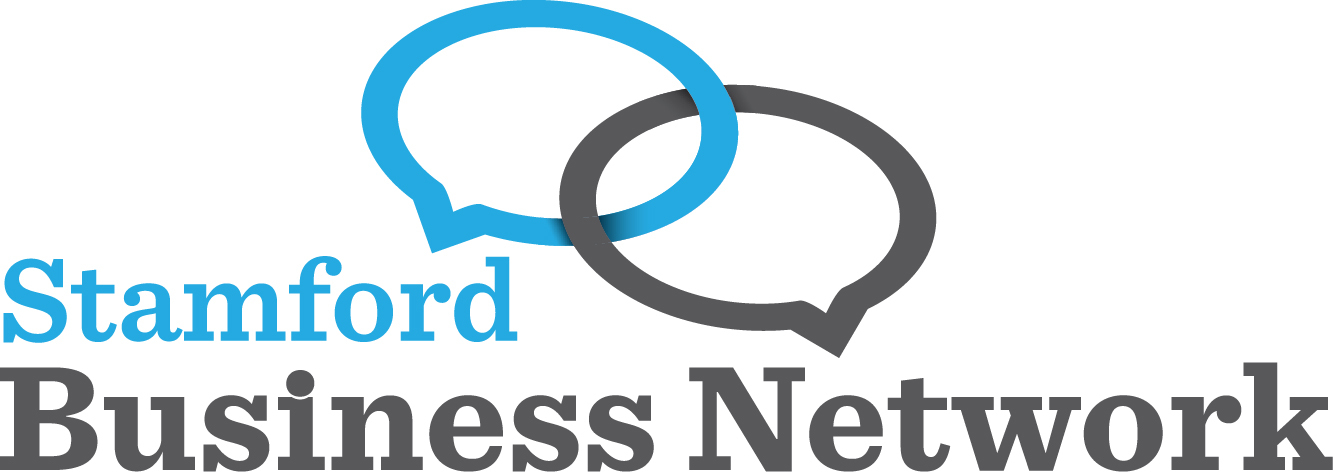
Helping Customers: It’s not just a good way to succeed. It’s the only way.
Helping customers in is what businesses in Stamford, CT are really here for. Sure, you want to be profitable. But achieving lasting profitability starts with building loyal customers. And helping customers better than your completion.
You can have the product in Connecticut…or the world. But if you fail at customer service, you’ll end up losing customers.
So why do so many businesses…probably your competitors…ignore an obvious problem?
Helping customers is profitable
That’s right: every part of helping customers is helps you build loyalty and profitability. And providing top level customer service is the proven way to do it. Have you ever seen the list of America’s most profitable corporations? They’re also the companies that provide the very best service in the country.
Chic-Fil-A. Trader Joe’s. Amazon. Wouldn’t you like your company to be on that list?
Start with “customer support”
Mention “customer support” and you’ll hear endless stories filled multiple phone calls, waiting on hold, listening to terrible music. It can be so painful that we give up. We’ve all been there.
Want proof?
That’s because most companies don’t think of “customer support” as “customer service.” Customer service builds value. A survey of consumers by Harris Interactive found proof:
• 86% of consumer will pay more for a better customer experience
• 89% of customers…some could be yours…began doing business with a competitor following a poor customer experience
Yet one of the most well-known personal computer companies in the country “offshores” their customer service to cut costs. The maker of the leading small business accounting software simply eliminated “customer service” and will refer you to a “community bulletin board.”
I read a great report on replacing old fashioned “customer support” with a quality “customer experience.” It was really inspiring to read about “continuous improvement” and how the main thing about how “customer support agents” should be “support” and helping your customer in every way possible.
As a consumer who has spent (more than) my fair share of time calling for “customer service” I’ve seen the difference between good and bad experiences.
What are you doing to create a superior customer experience?
